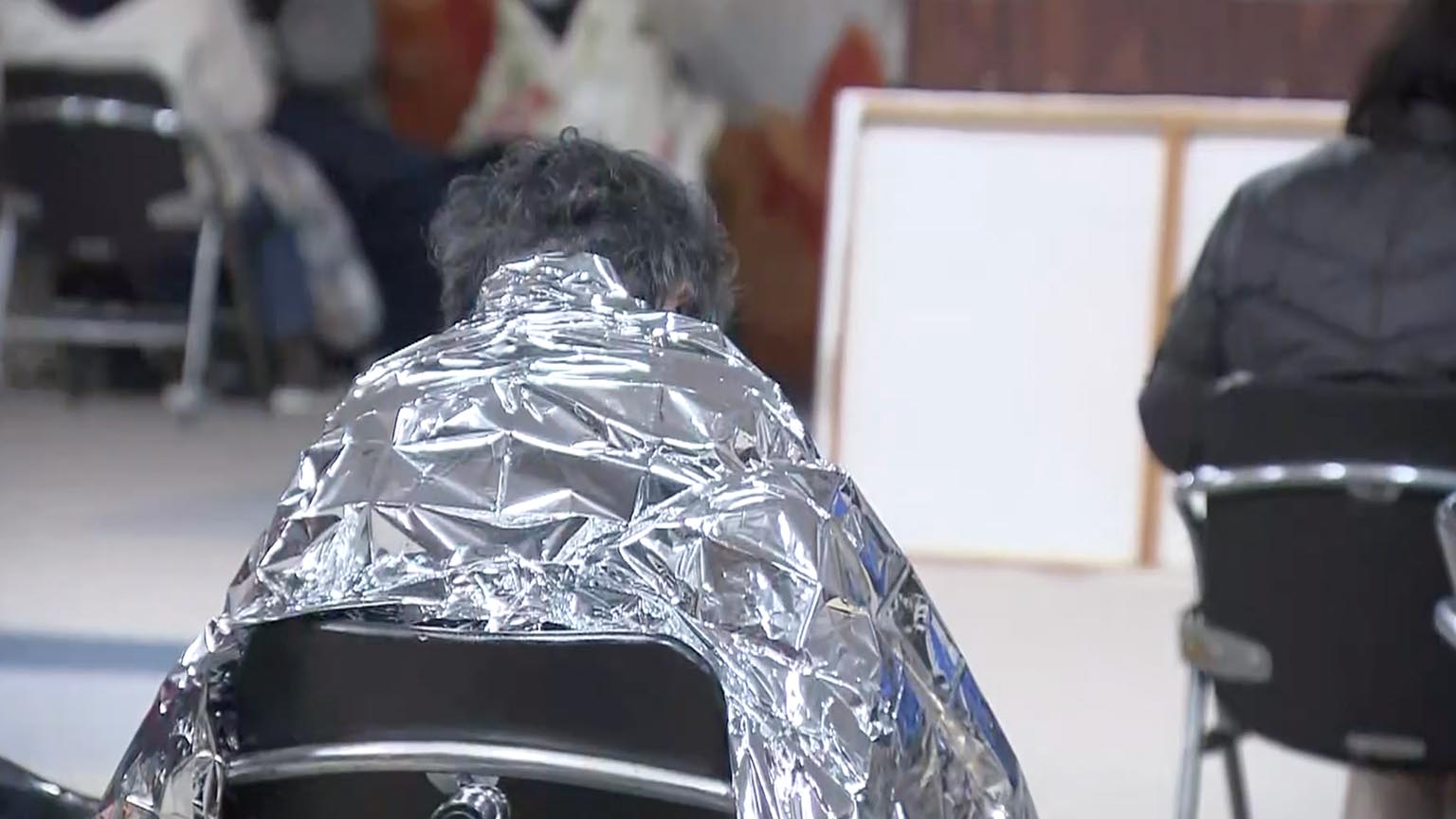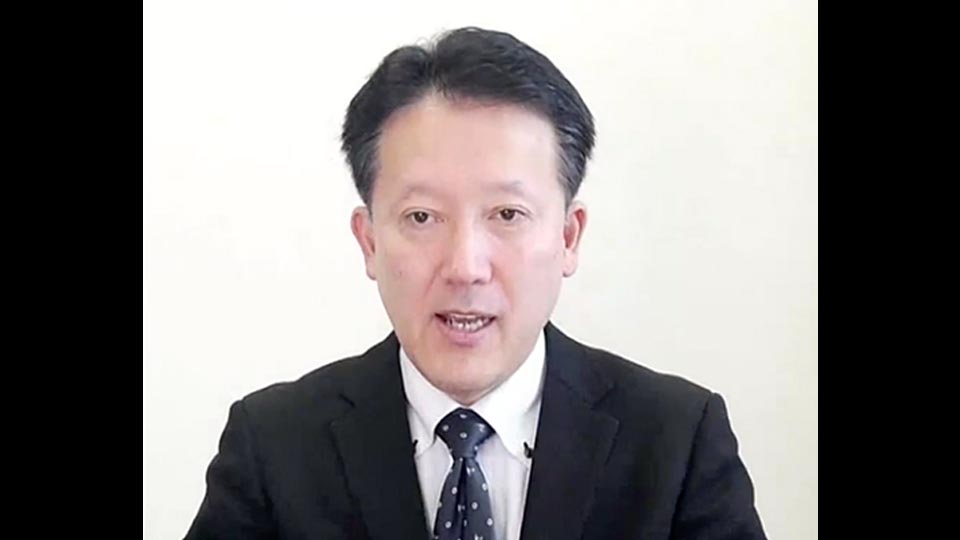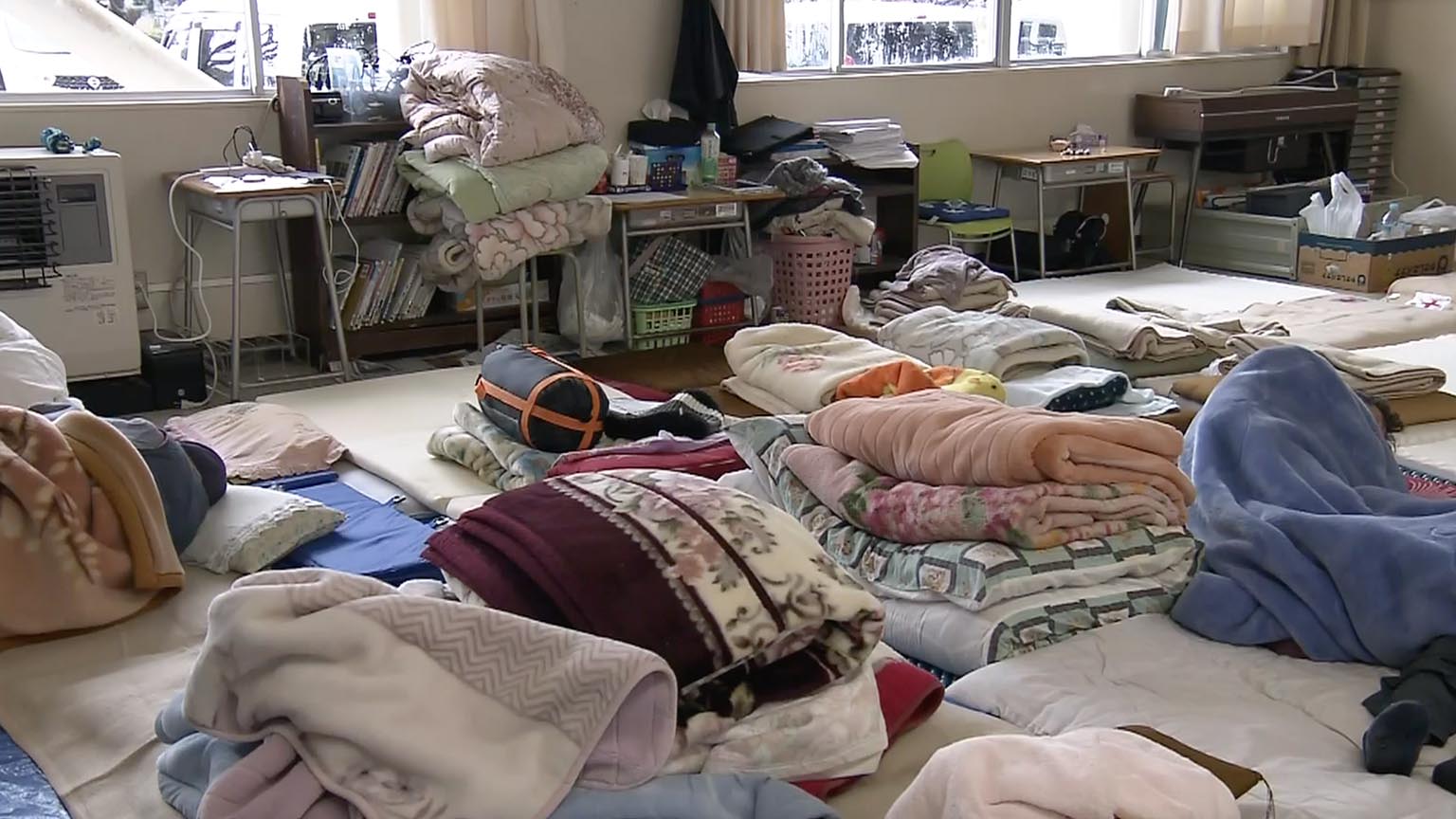Many people in Ishikawa Prefecture and other areas are living in shelters, such as gymnasiums, amid power and water outages. Temperatures are dropping in many areas as snowfall has been intensifying.
NHK World spoke to Professor Nemoto Masahiro of the Japanese Red Cross Hokkaido College of Nursing on how evacuees should stay warm.
Risk of hypothermia increases at shelters
Nemoto warns of increased risk of hypothermia at gymnasiums because the cold floors can drain away body heat.
When the internal body temperature drops below 35 degrees, tremors and impaired judgment can occur, and in severe cases, loss of consciousness and, in the worst case, death.

He says it is important for those who are living under such severe conditions to call out to each other, and to check if anyone is feeling unwell.
"For example, if mild symptoms of hypothermia are seen or felt, such as the body trembling or teeth clicking, cover the person with a blanket, or huddle together in order to prevent the body temperature from dropping," Nemoto advises.
The professor also recommends eating or drinking something warm if possible. He suggests drinking hot water rather than green tea or coffee because these drinks contain caffeine, which has the effect of constricting blood vessels.

Stay away from cold floors
It is also important to avoid sitting or lying directly on cold floors as much as possible.
Layering cardboard or blankets on the floor can be effective, but if these are not available, Nemoto advises sitting on a chair so as to spend less time touching the floor.
Ventilation is a must with heating equipment
He adds that when people use oil heaters they should be conscious of ventilation. He urges people to avoid burning charcoal briquettes or running generators indoors, as this is extremely dangerous.
If people are sleeping in a car, they need to be cautious when turning off the engine because the temperature inside drops rapidly, increasing the risk of hypothermia.

